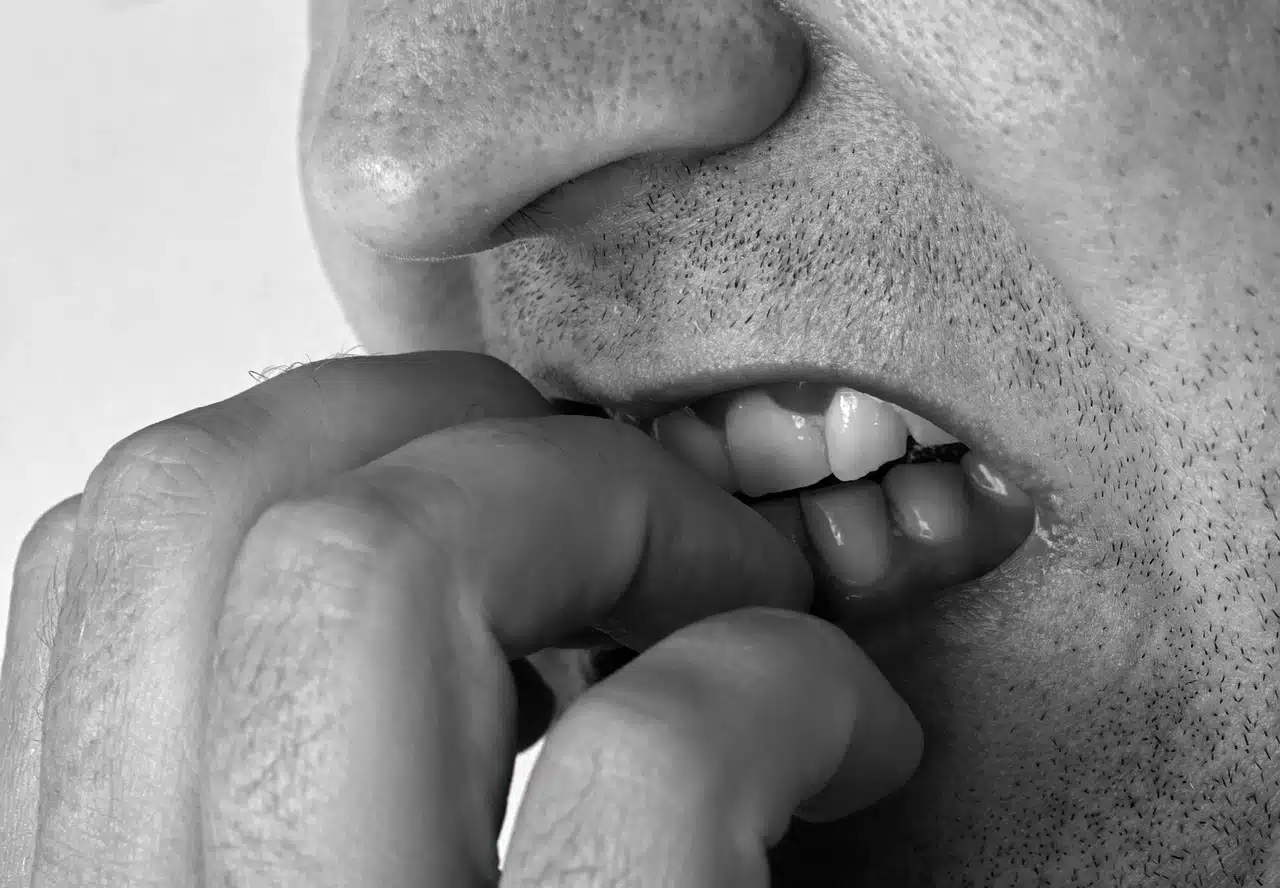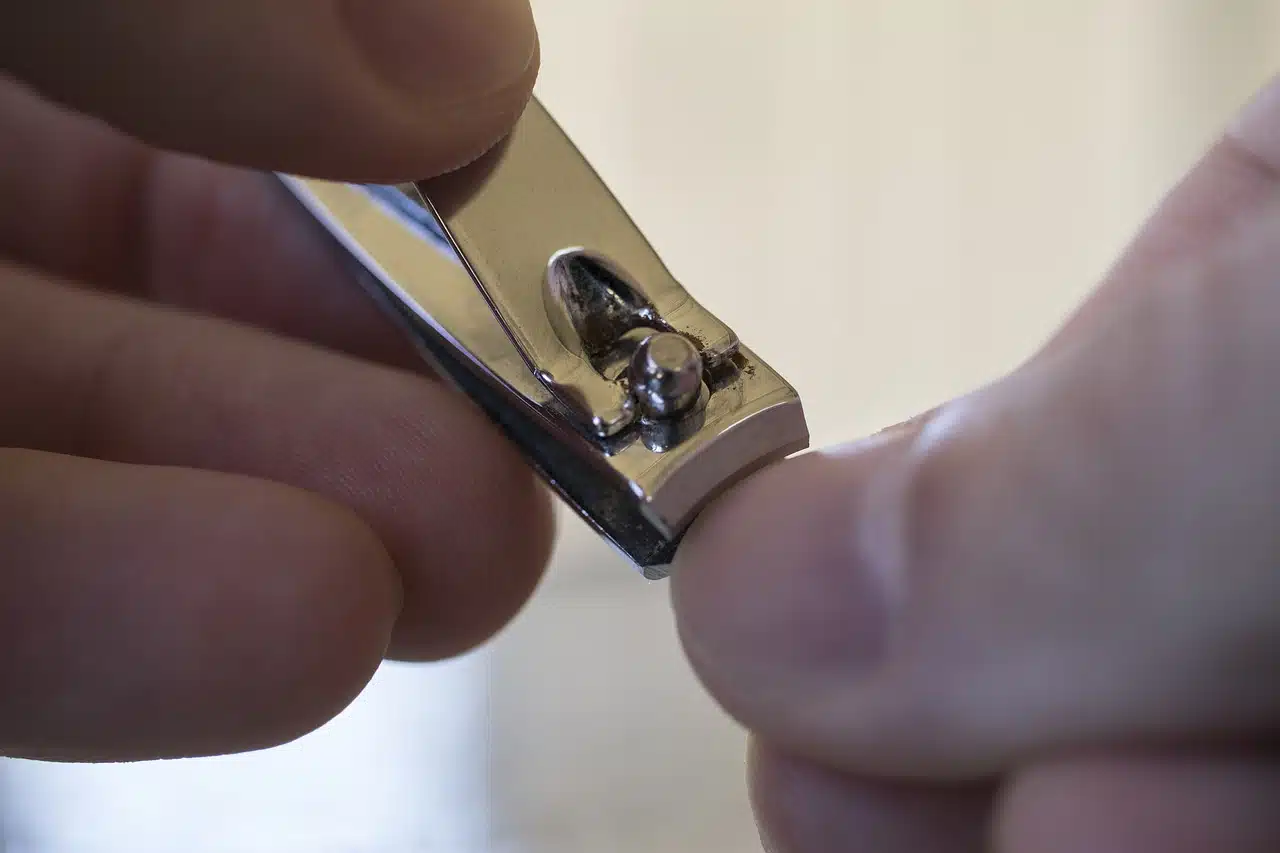
Onychophagia is the compulsive habit of biting nails.
Onychophagia is the compulsive habit of biting nails . It is a notion that arises from the Greek onyx (in Spanish, “nail” ) and phagein (a word that translates as “eat” ).
Onychophagia is present in anxiety symptoms and is usually linked to nervousness and stress . When this habit becomes chronic (that is, it develops permanently), alternatives of hunger, boredom or inactivity can be evaluated, but the possibility that it is a symptom of a mental or emotional disorder must also be considered.
Causes of onychophagia
Thus, it is usually determined that there are basically two types of causes that cause a person to suffer from onychophagia. Firstly, there would be psychological reasons such as anxiety, nerves , anguish , compulsive states... And, of course, stress, whether work-related, social or even educational.
The second type of causes would be the so-called psychosomatic ones . Under this name, a series of cases that affect the patient emotionally would be included, such as, for example, not accepting the loss of a loved one, domestic violence, changes within the family unit, pressure to study both at school and in the home itself, not accepting the addition of new members to the family or more personal aspects. Among the latter would be low self-esteem , shyness or various frustrations.

Cutting your nails frequently helps combat onychophagia.
Negative effects
Among the negative effects of this activity we can mention the transport of germs from the nails to the oral cavity and vice versa, which can cause, among other consequences, swelling of the fingers and cause the appearance of pus.
On the other hand, someone who bites their nails compulsively also tends to eat the cuticle and nearby skin , causing wounds that can be infected with microbes or viruses . Finally, it must be said that nail biting causes long-term damage to the front adamantine substance in our teeth, which increases the possibility of contracting cavities in the affected areas.
Furthermore, it must be made clear that anyone who suffers from onychophagia may eventually suffer from another series of conditions and pathologies, such as warty-type formations or even what is known as chronic paronychia . The latter is an acute inflammation of the cellular tissue that exists in the hands and more specifically in the fingers.
To all of them it should be added, in the same way, that it can also give rise to other conditions such as mucous cysts , which are a type of fluid sacs that appear on the fingers, or subungual exostoses . The latter is defined as an inflammation under the nail.
Treatment of onychophagia
Onychophagia can be controlled medically with antidepressant remedies, clomipramine, fluoxetine, sertraline, paroxetine, fuvoxamine, citalopram, nefazodone, escitalopram and venlafaxine. There are specialists who, instead, prefer to prescribe small doses of antipsychotics , such as risperidone, olazopine, quetiapine, ziprasidone and aripiprazole. Another option is to ingest vitamin B , which reduces the urge to bite nails by increasing the level of serotonin in the brain.
On the other hand, onychophagia is treated with behavioral therapy to promote a change in habits .
